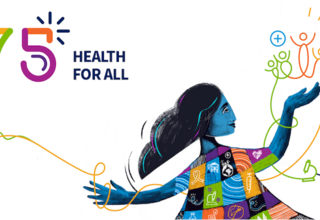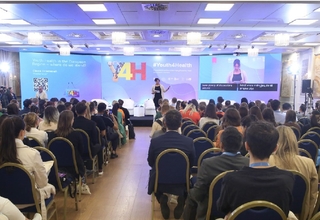Cervical cancer stands as the second leading cause of cancer-related fatalities among women of reproductive age in Eastern Europe and Central Asia. Predominantly affecting younger women, typically between 35 and 45 years old, this region witnesses over 38,000 new cases and 18,000 fatalities attributed to cervical cancer each year.
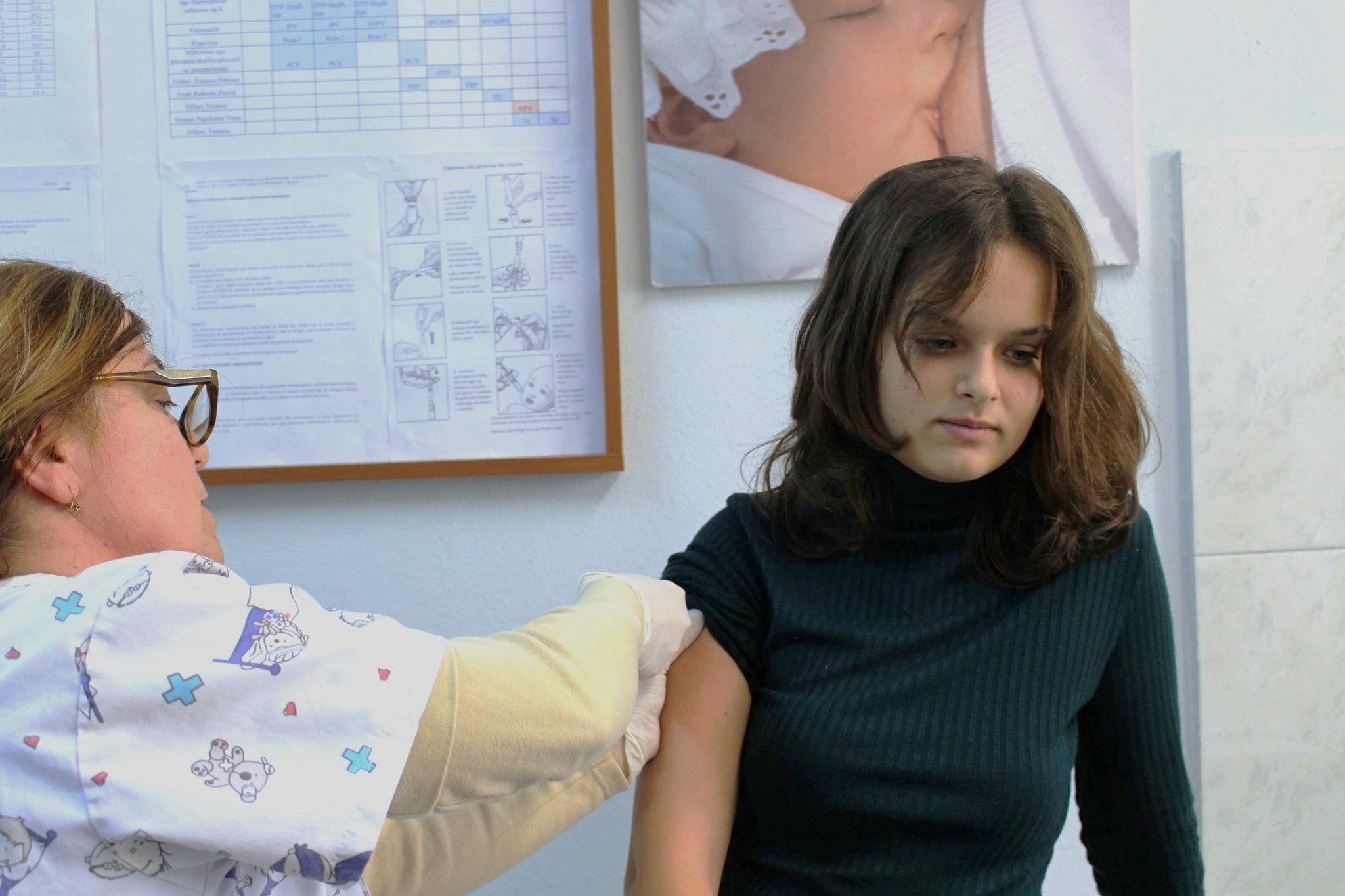
For several years, UNFPA Albania has remained dedicated to raising women's awareness about the importance of routine health screenings for cervical cancer. Moreover, in close collaboration with health authorities—including the Ministry of Health and Social Protection, Institute of Public Health, Health Care Operators, and Health Centers—the organization actively designs and implements targeted interventions for preventing and controlling cervical cancer.
Initiated in 2019, Albania's cervical cancer screening program utilizes HPV testing, initially focusing on women aged 40-50. By the conclusion of 2024, the program aims to extend its reach, targeting approximately 80% of women within this age group for screening.
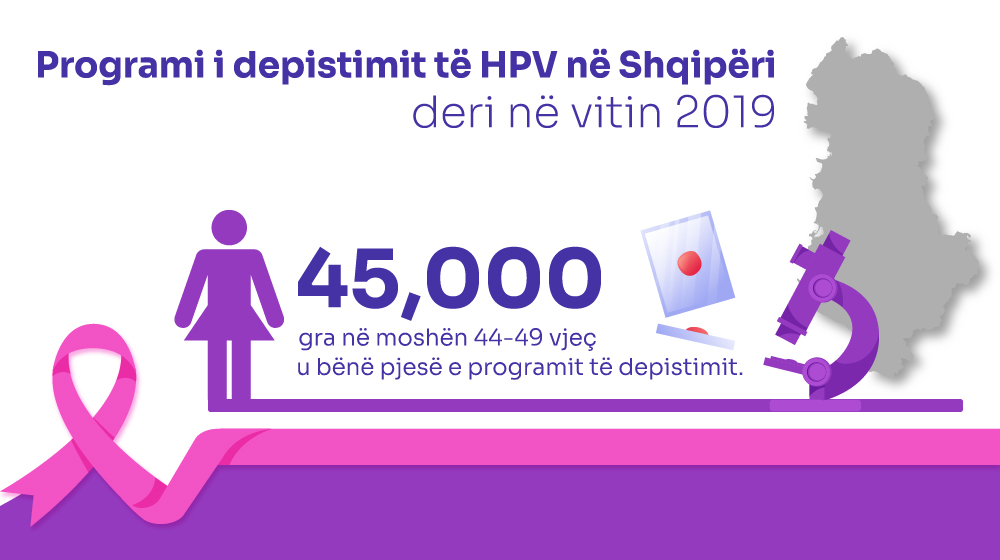
Starting in November 2022, UNFPA, in partnership with the Ministry of Health and Social Protection, initiated a vaccination campaign targeting 13-year-old girls to protect against the human Papillomavirus, the primary cause of cervical cancer. This campaign offers free vaccinations at local health centers, ensuring accessibility for any 13-year-old girl seeking vaccination.
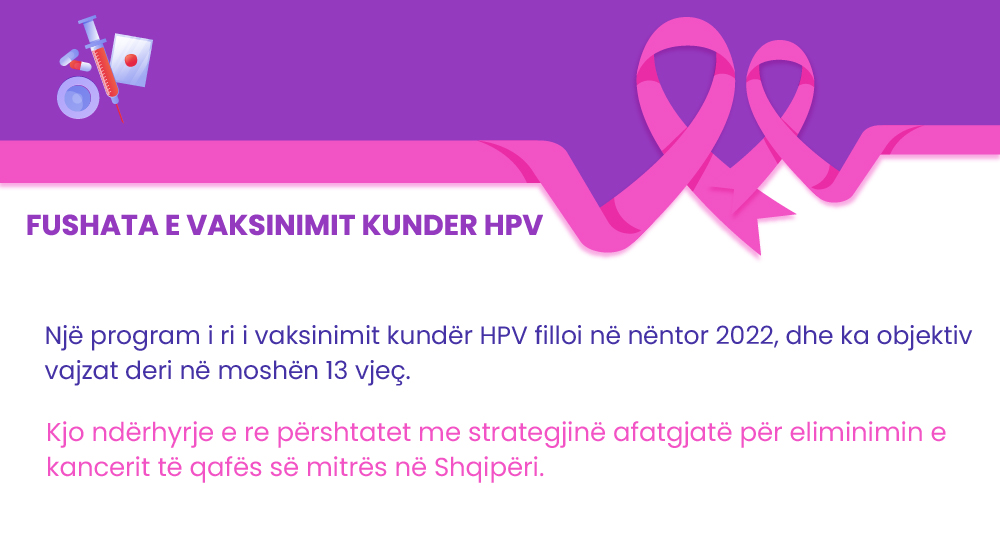
The story of Albana...
Albana Çapo, a woman in her forties, living in the city of Fier, found herself facing a life-altering diagnosis in October 2022. Married and a mother to a daughter, her confrontation with cervical cancer was unexpected and incidental. The revelation came about unexpectedly while she was accompanying her mother-in-law for a follow-up appointment post-treatment for cervical cancer. During her visit, her doctor recommended a routine check-up for herself.
Reflecting on this moment, Albana shared, "The discovery of my illness was entirely by chance. During the check-up, the doctor identified a cyst." Initially perceiving it as a potential infection, she carried on with her daily routine until receiving a pivotal call from the doctor. "It was then that I learned of my cervical cancer diagnosis," Albana recounted.

Albana expresses shock at her diagnosis, having shown no symptoms or health concerns beforehand. "To claim I wasn't scared would be untrue. I was terrified and saddened," she admitted. This marked Albana's first cervical cancer screening. Within a month of diagnosis, she undertook surgery, thankfully resulting in a successful intervention. Presently, Albana maintains robust health by observing health staff recommendations and following the prescribed medical check-up schedule.
In Albania, statistics indicate relatively lower rates of cervical cancer incidence and mortality compared to other Western Balkan nations. Official data from 2020 reveals an average mortality rate of 3.3 deaths per 100,000 individuals due to cervical cancer.
Cervical cancer screening programs have demonstrated an up to 80 percent reduction in disease development. Enhanced outcomes are possible when these screening initiatives are coupled with HPV vaccination programs.
Since her cervical cancer diagnosis, Albana has embraced the role of an advocate, energetically spreading awareness among women about the importance of regular screenings for this disease. "I urge my friends, family, colleagues, and anyone curious about my experience to prioritize screenings and recommended medical check-ups to avoid undergoing what I did," she emphasized.
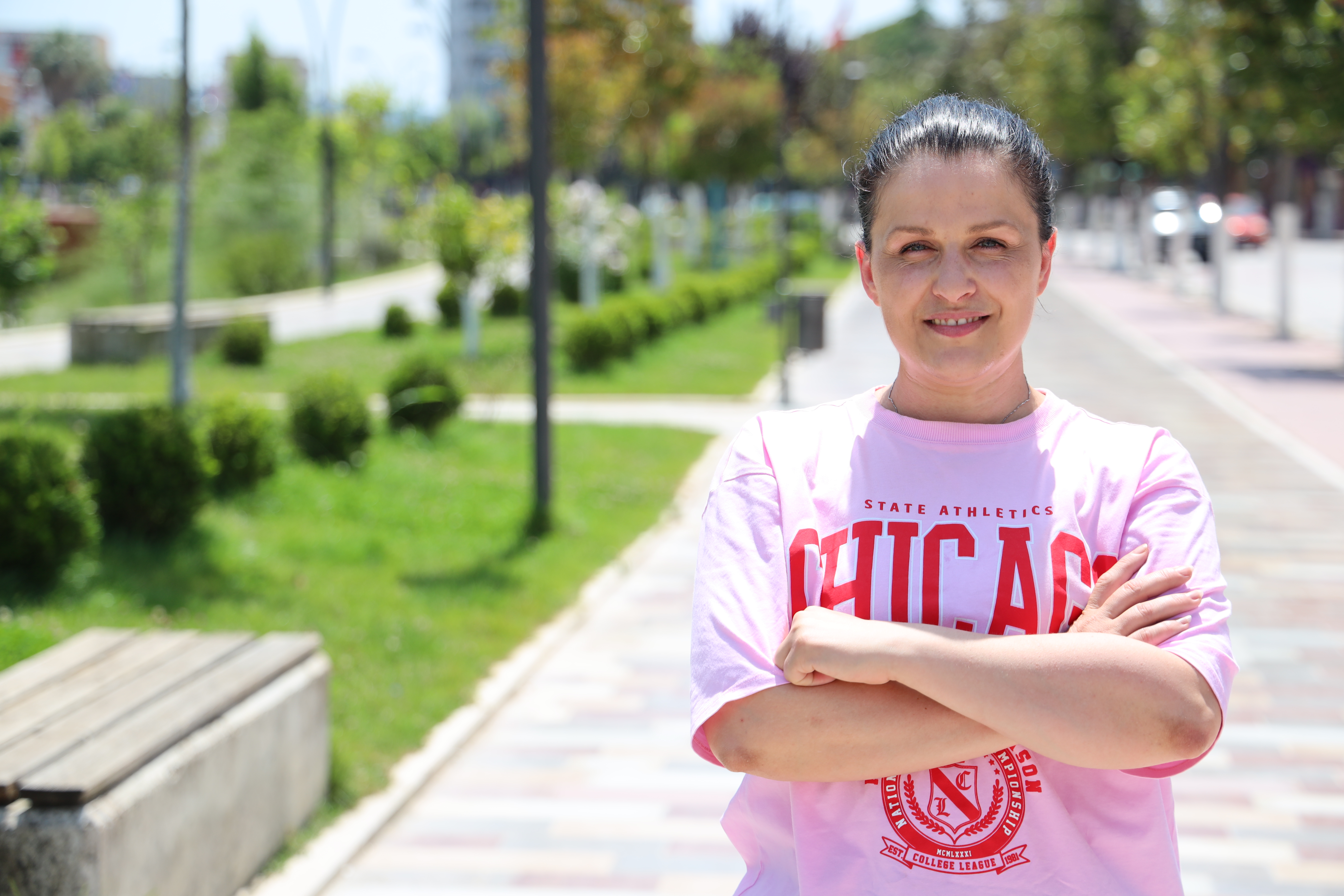
Since its inception in 2019, the National Cervical Cancer Test Program, supported by UNFPA Albania, has prioritized enhancing the skills and knowledge of over 500 healthcare professionals across 400 primary care health centers in the country. Continuous awareness campaigns, supported by UNFPA, aim to encourage women's active participation in routine screenings and the screening program. Community-wide awareness holds particular significance in promoting the vaccination of 13-year-old girls against the Human Papillomavirus (HPV), offered free at any public health center.
Albana, having faced this life challenge, promptly ensured her daughter's vaccination, coinciding with the launch of the UNFPA-supported Ministry of Health and Social Protection's HPV vaccination campaign in November 2022, just a month after her surgical intervention.
The integration of the vaccine into the National Immunization Program in November 2022 complements the National Program for Cervical Cancer Prevention. This comprehensive program involves various elements such as developing clinical standards and protocols, healthcare provider training, community awareness efforts, counseling, HPV testing, referral systems, diagnosis, treatment, and follow-up protocols.
Dr. Alban Ylli, an Expert in Public Health at the Institute of Public Health, underscores that while Albania has introduced screening based on HPV and HPV vaccination programs for short and long-term cervical cancer prevention respectively, there remains a need to continuously enhance population coverage and service quality for sustained progress.
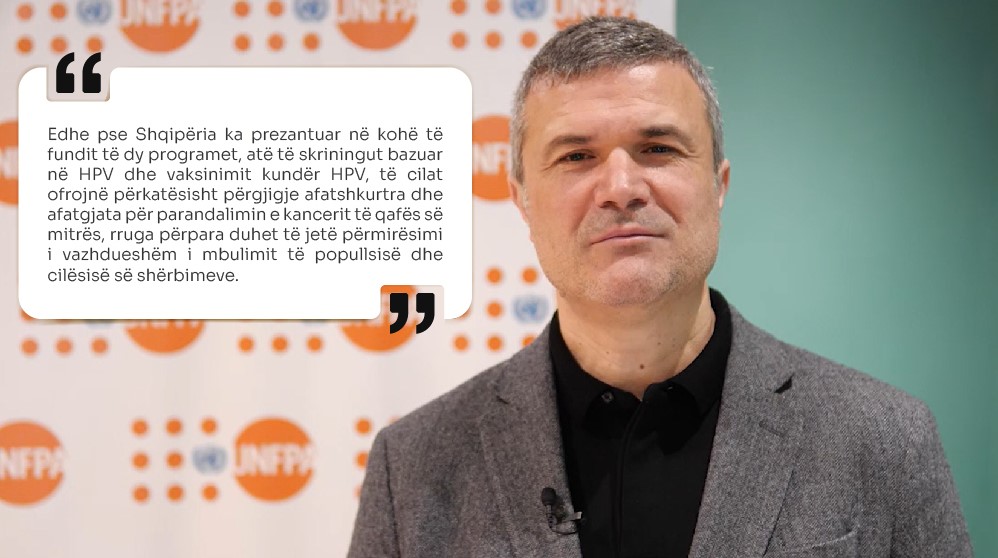
The HPV vaccination campaign persists as part of UNFPA Albania's dedication, working alongside with the Ministry of Health and Social Protection and the Institute of Public Health, to ensure the full realization of the 10-year National Cancer Control Program. This ongoing commitment reflects our efforts toward comprehensive cancer control measures, encompassing the continuing progress of the HPV vaccination campaign.



